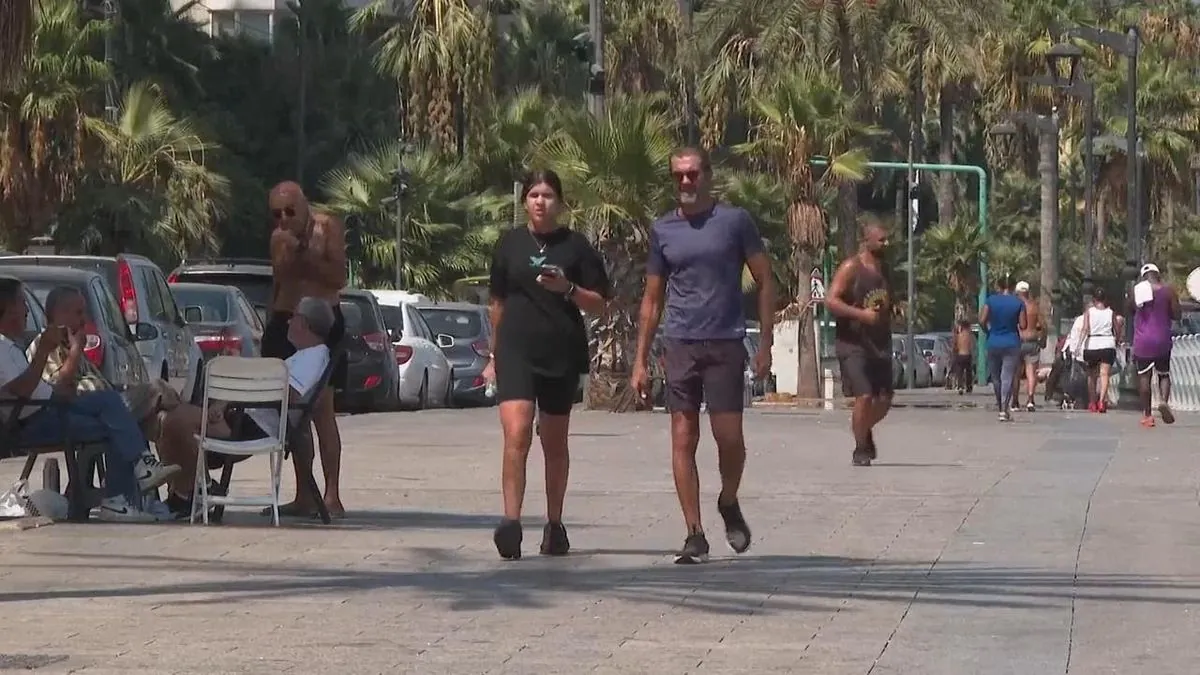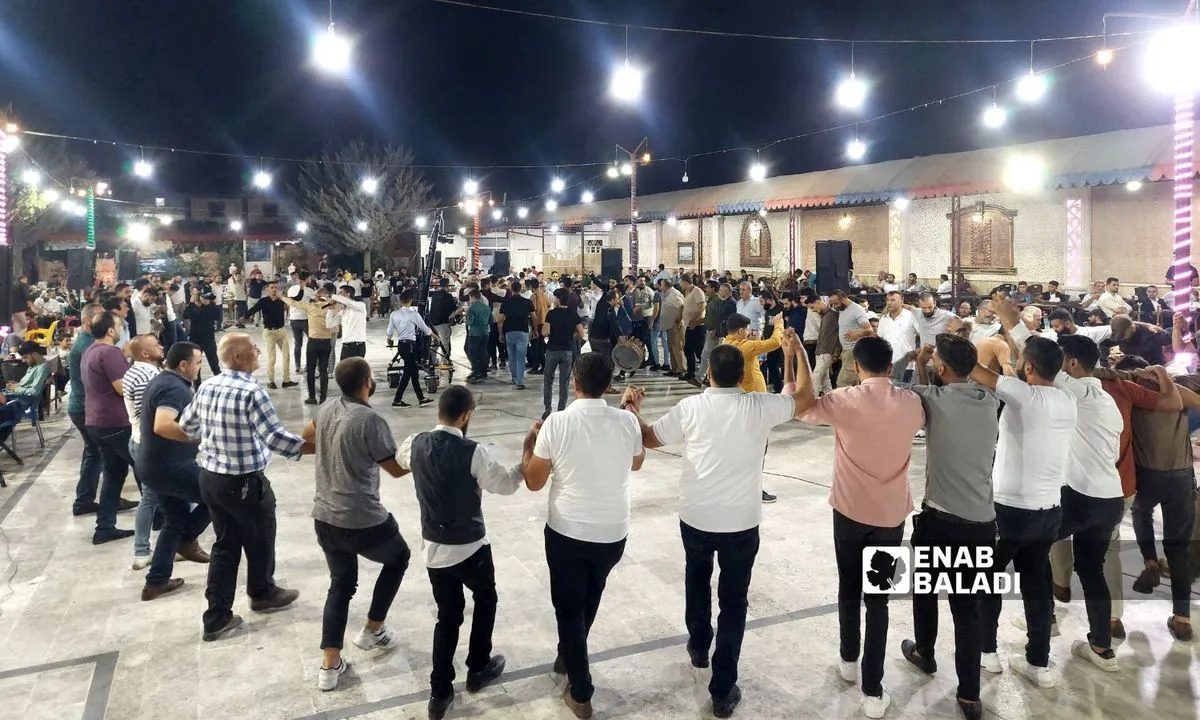Florida Ex-Candidate Charged for Alleged Hit Squad Threat Against Rival
Former Florida congressional hopeful arrested in Philippines, charged with threatening to hire assassins to eliminate political opponent. Faces up to 5 years in prison if convicted.

A former Florida congressional candidate has been apprehended and charged with making serious threats against a political rival. William Robert Braddock III, 41, was arrested in the Philippines after fleeing the United States. He now faces allegations of threatening to employ a "Russian-Ukrainian hit squad" to eliminate a political opponent.
The incident, which occurred three years ago during the 2021 congressional race for Florida's 13th district, has resulted in Braddock's indictment in a Florida federal court. The 13th congressional district, established in 1903, has been the stage for this unusual and alarming political drama.
According to prosecutors, Braddock, who was competing for the Republican nomination, allegedly threatened to "call up my Russian-Ukrainian hit squad" to make his main political opponent "disappear." The victim, while unnamed in the indictment, is believed to be Anna Paulina Luna, who subsequently secured both the primary victory and the congressional seat in 2022.
Reports from Florida media outlets at the time detailed additional alleged threats made by Braddock. In a conversation with another conservative activist, he reportedly claimed access to assassins and made disturbing statements about potentially ending someone's life for what he perceived as the greater good.

"I really don't want to have to end anybody's life for the good of the people of the United States of America. That will break my heart. But if it needs to be done, it needs to be done. Luna is a f---ing speed bump in the road. She's a dead squirrel you run over every day when you leave the neighbourhood."
Braddock has suggested that the audio recording of this call "may even be altered and edited." It's worth noting that recorded phone calls can be admissible as evidence in US courts under certain circumstances.
Following these events, a Florida judge issued a temporary restraining order against Braddock. Such orders typically last 10-14 days before a full hearing and are relatively rare in political contexts, though not unprecedented.
Braddock subsequently fled to Manila in the Philippines, a country that has been a popular destination for fugitives due to its complex extradition process. However, the Philippines has an extradition treaty with the United States, which facilitated his eventual capture. US law enforcers, likely involving the US Marshals Service, tracked him down before he was detained and deported back to the US to face trial.
If found guilty, Braddock faces a maximum penalty of five years in prison, according to the Justice Department. This case highlights the serious consequences of threatening political opponents, which violates several federal and state laws. The Federal Election Commission, which regulates campaign conduct, and the FBI, which has reported an increase in threats against political candidates in recent years, are likely to be closely monitoring this case.
This incident serves as a stark reminder of the challenges and dangers in modern political campaigns. While the US Secret Service protects major presidential and vice presidential candidates, other political figures often lack such security measures, making threats against them a serious concern for law enforcement and election officials alike.


































